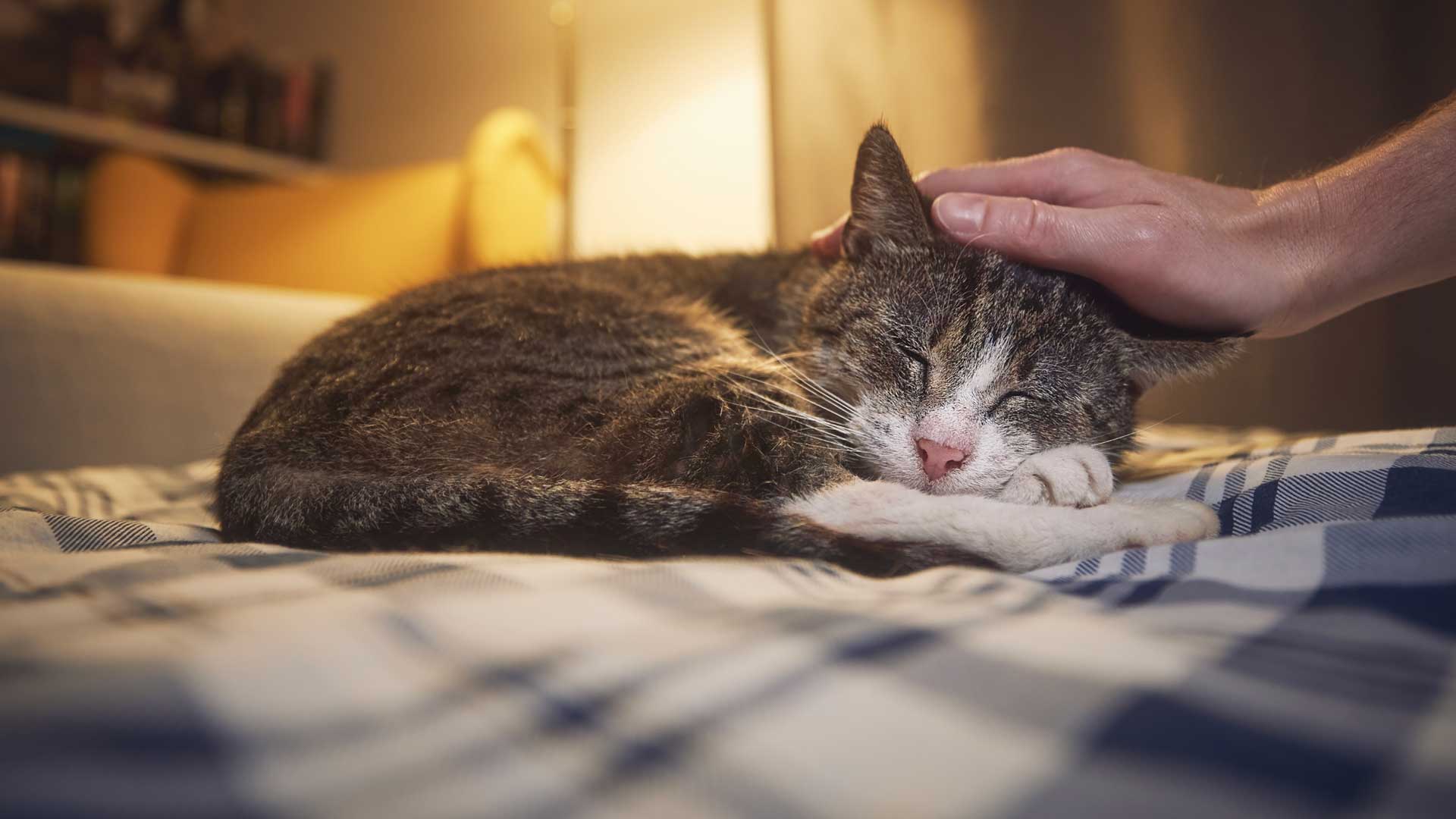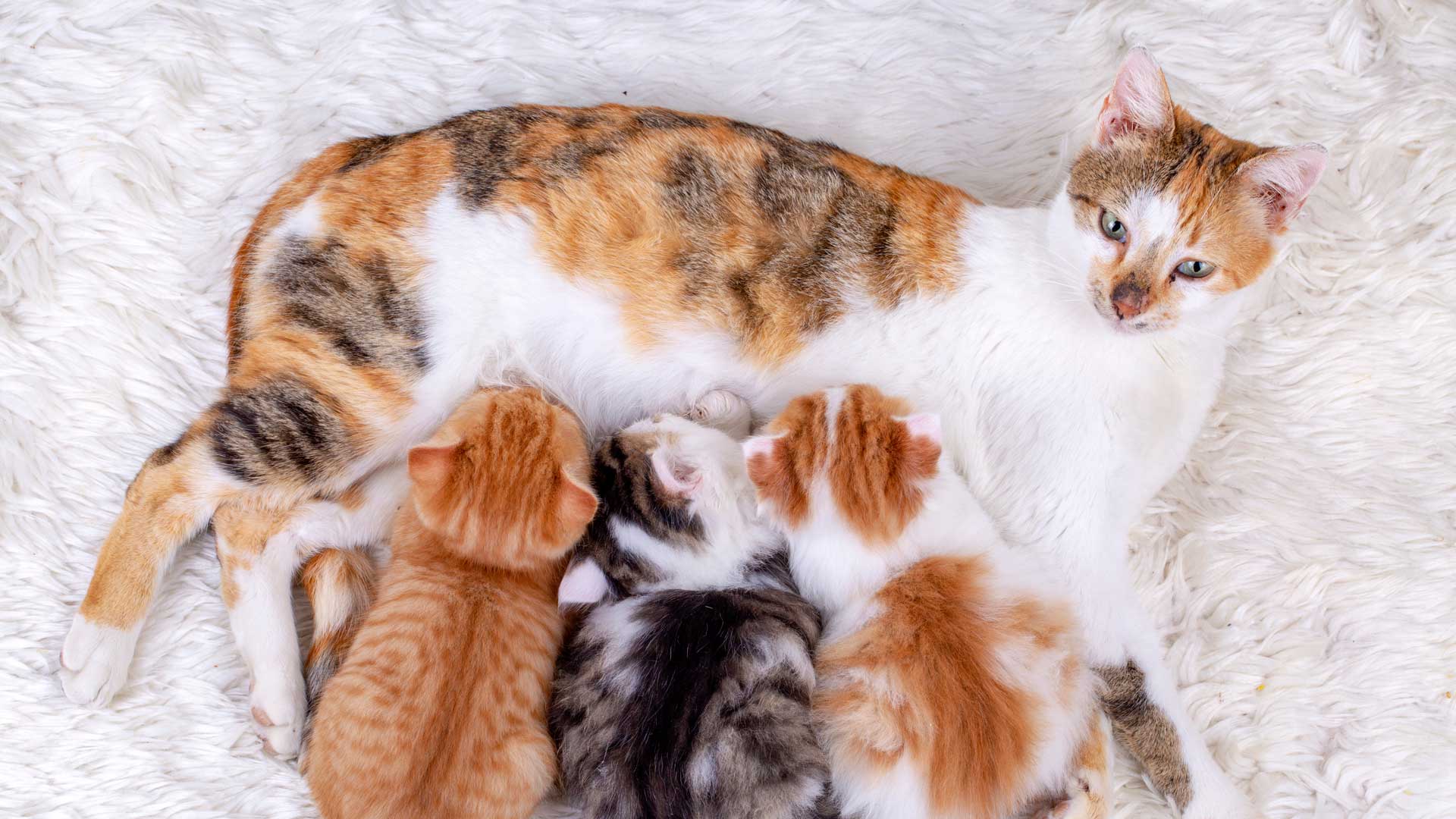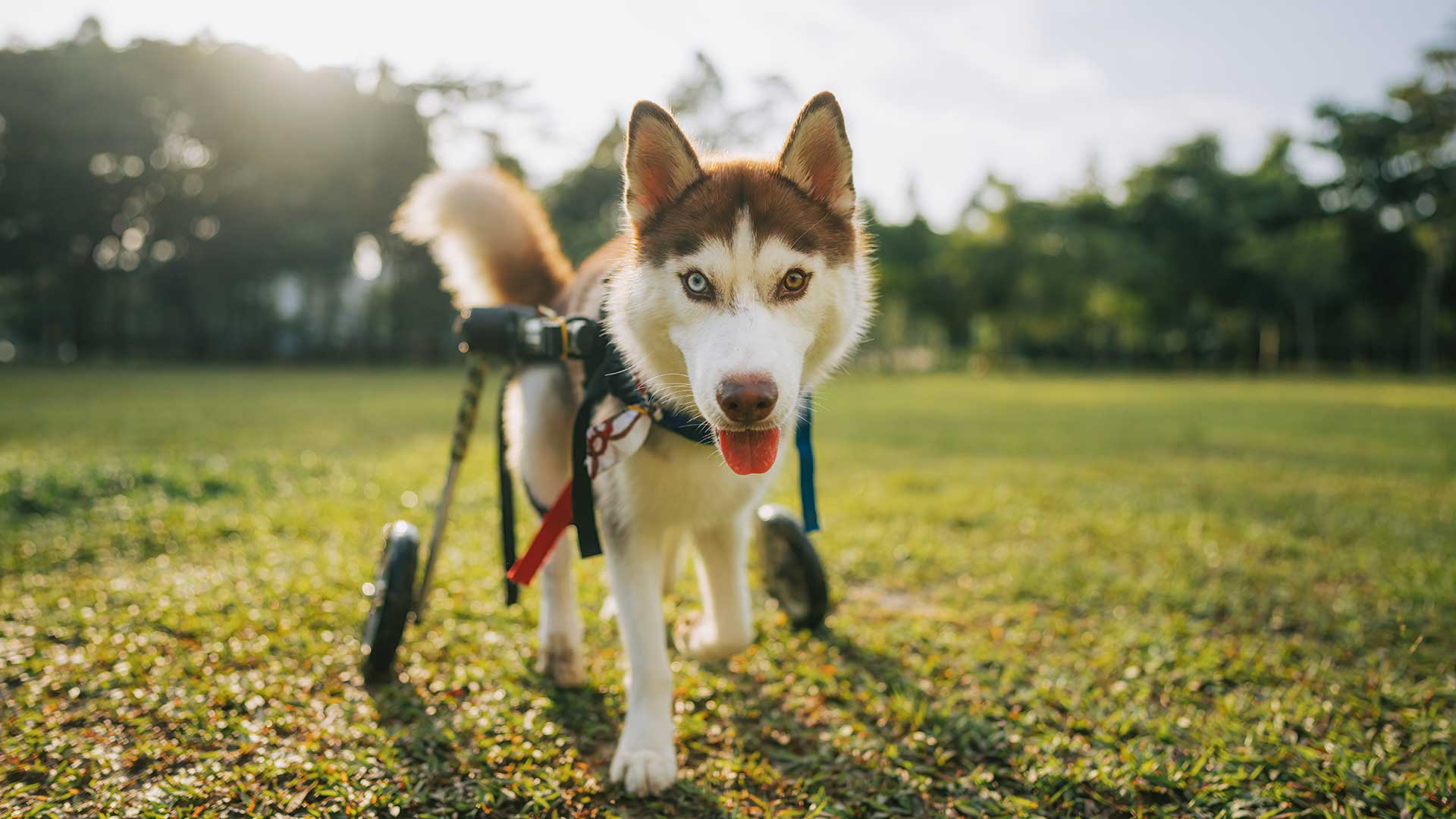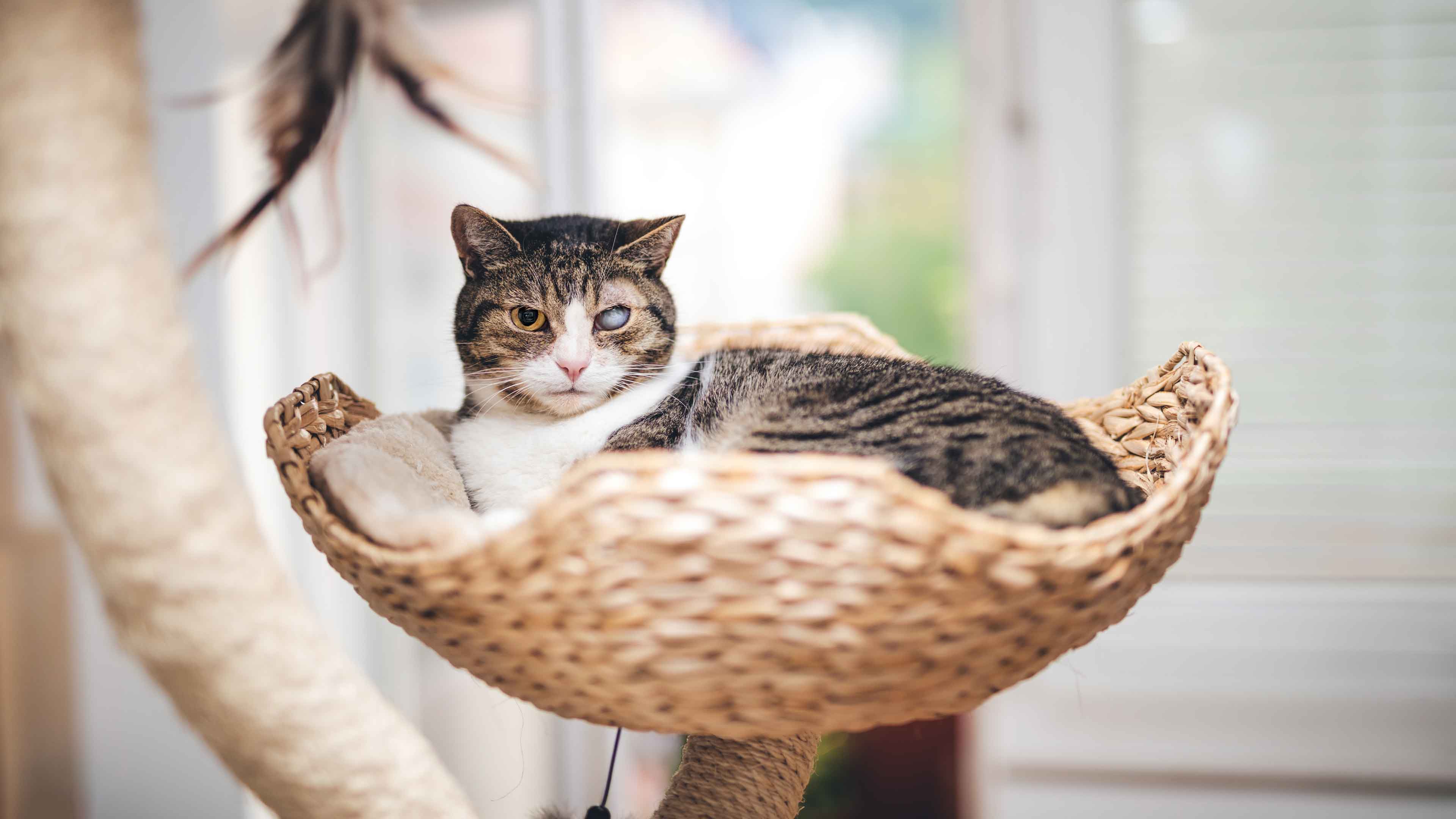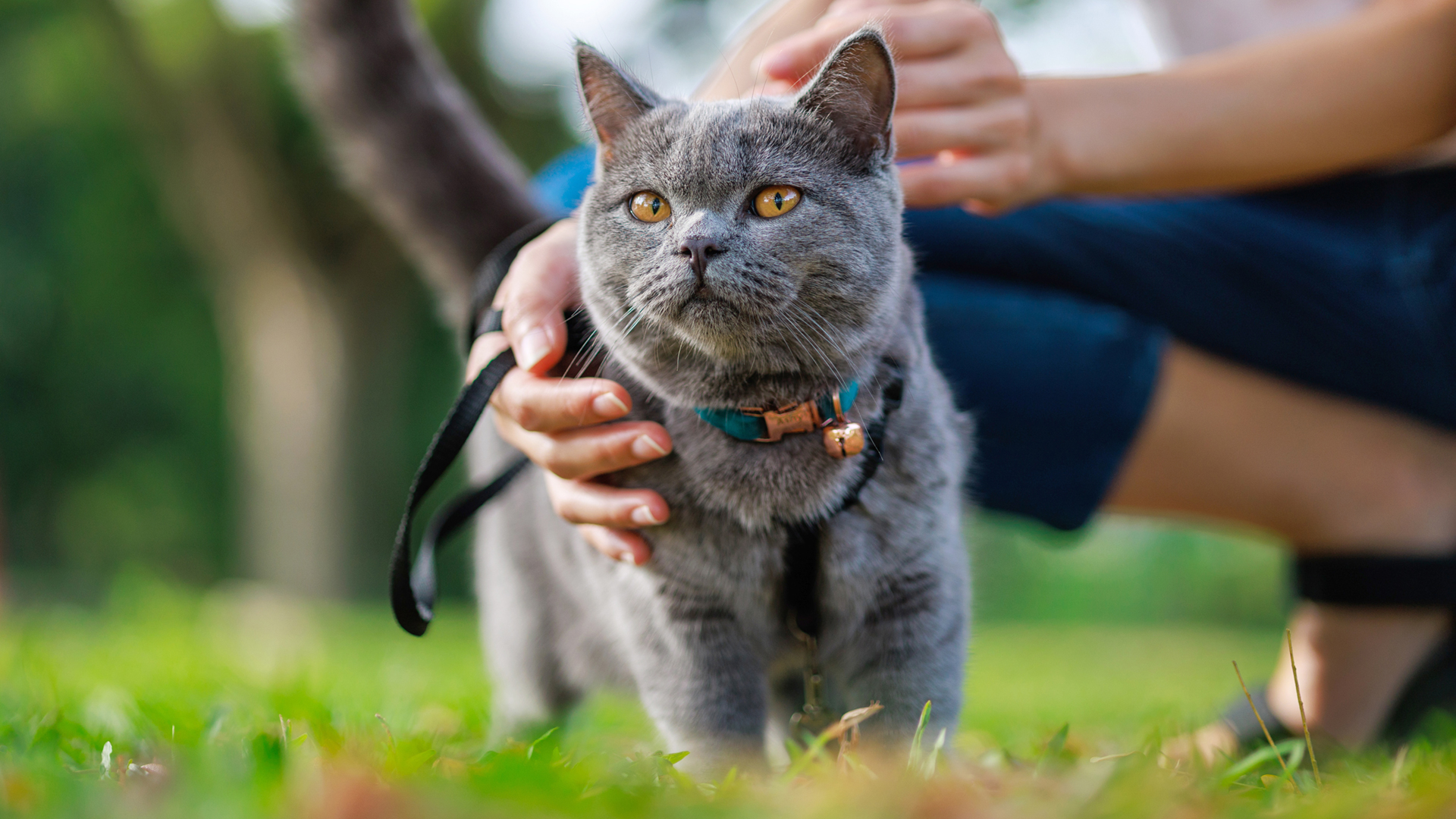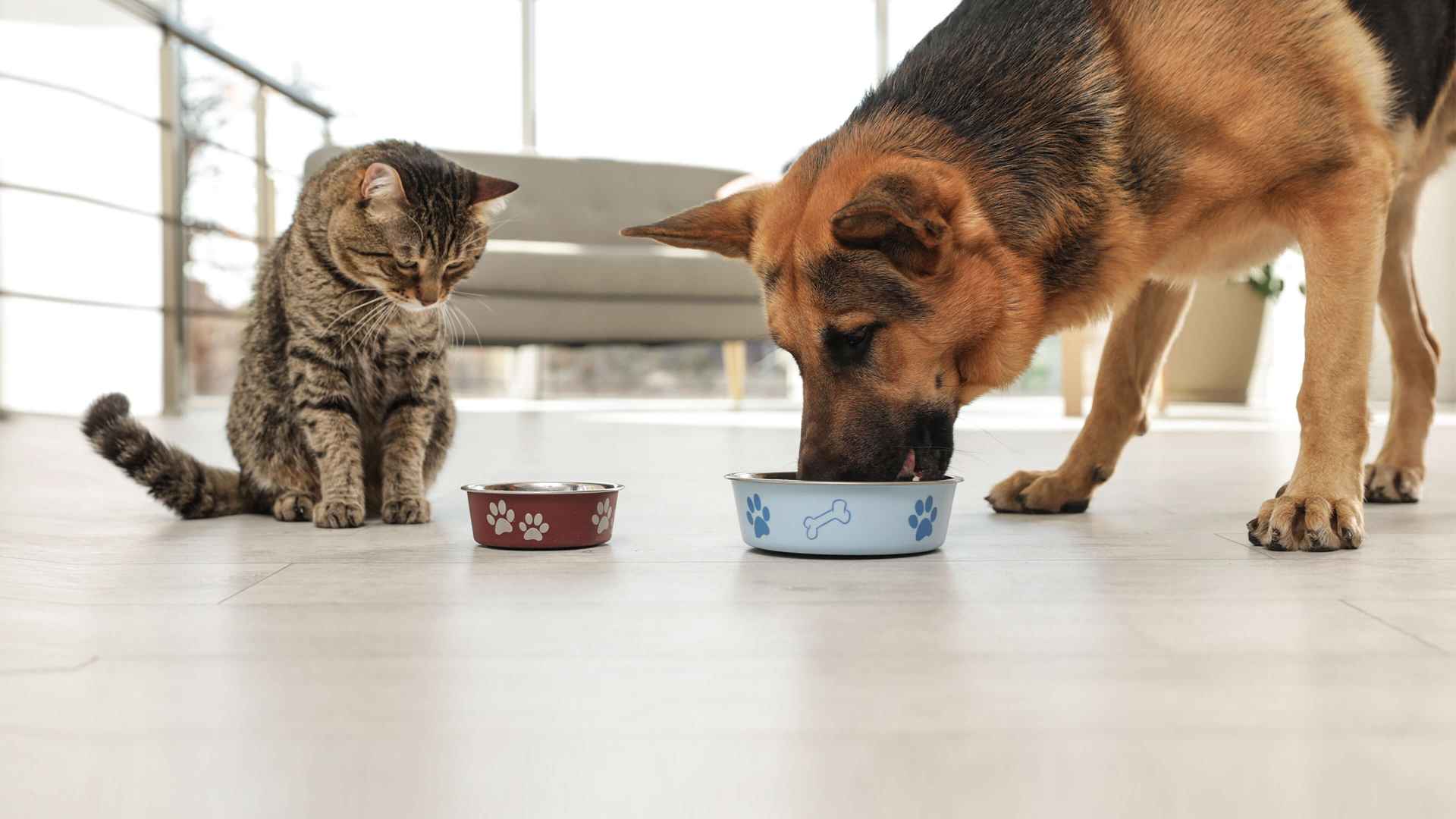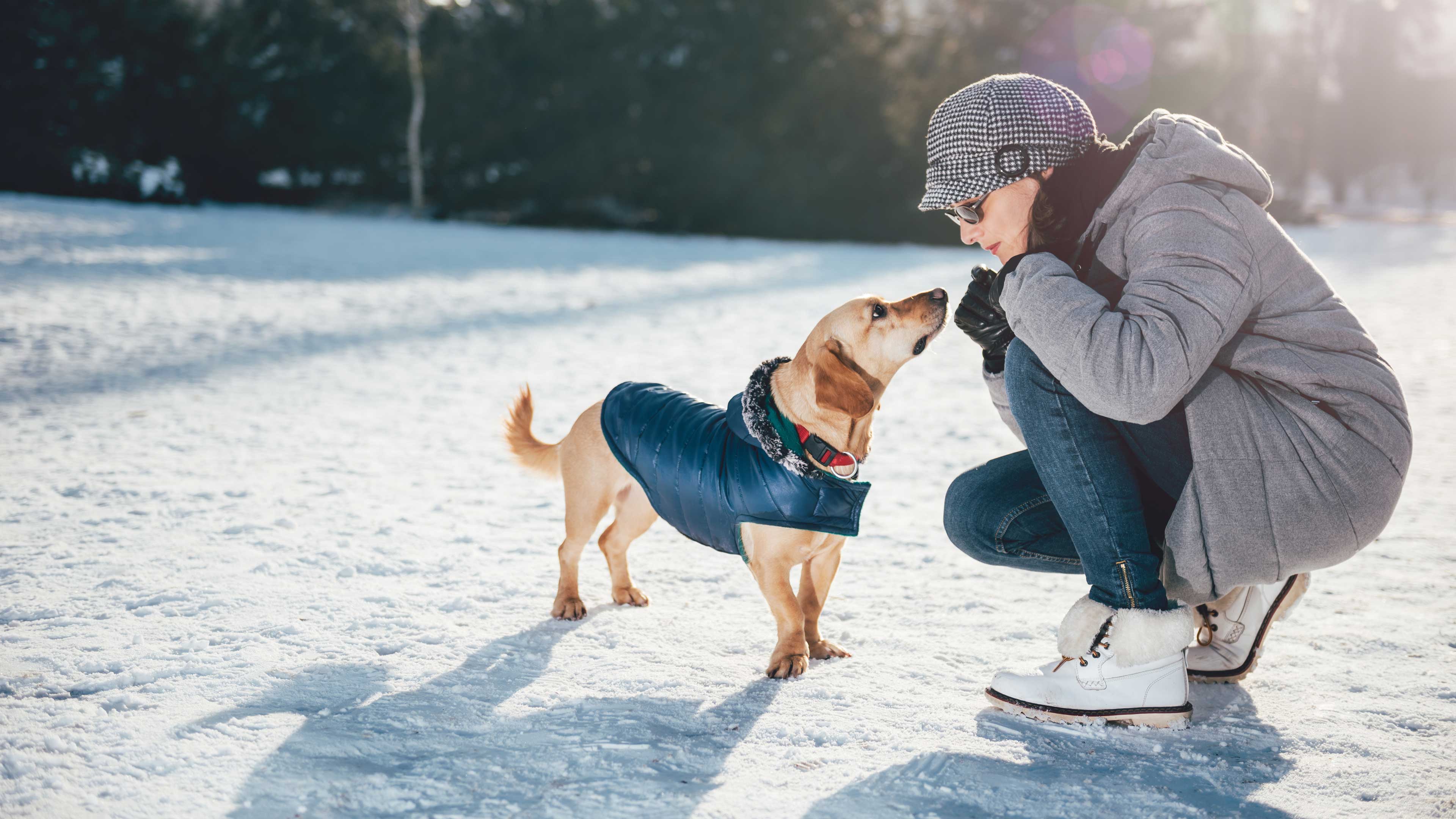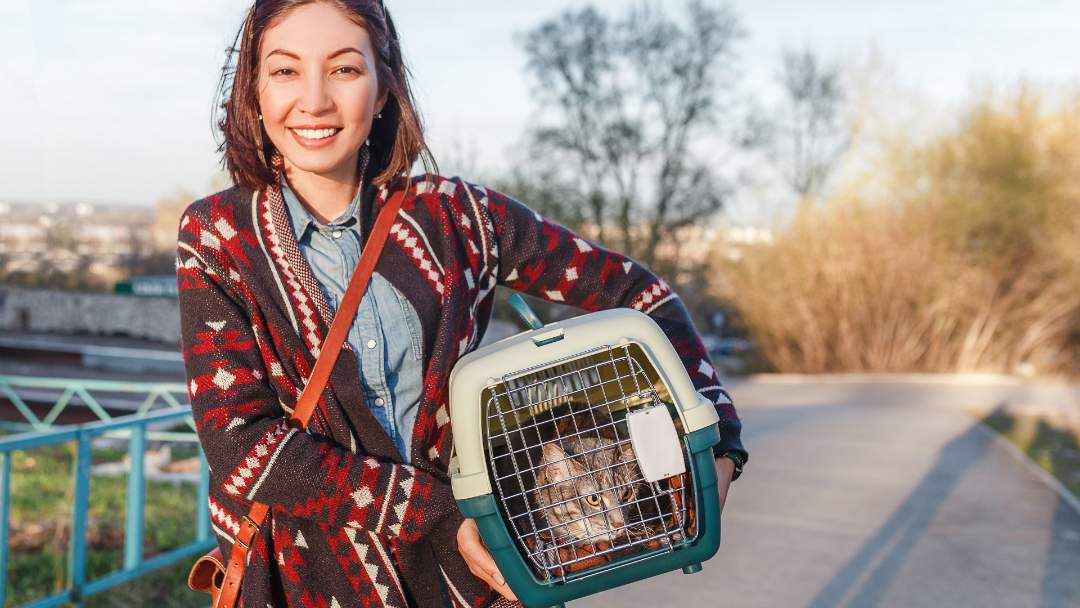signos de cáncer en mascotas
Recordatorio: Si su mascota presenta alguno de los siguientes signos, no necesariamente significa que tenga cáncer. Pero si observa alguno de ellos, es importante que la lleve a su veterinario para que le hagan una evaluación y pruebas, si es necesario.
Pérdida de peso
Si observa una rápida pérdida de peso en su mascota, especialmente si no ha habido cambios en su dieta o estilo de vida, podría significar que presenta un problema de salud, como cáncer.
El cáncer puede causar cambios en el metabolismo, dolor, vómitos, diarrea o disminución de la absorción de nutrientes, todo lo cual contribuye a la pérdida de peso.
Menor interés por los alimentos y/o diarrea o vómitos
Ciertos tipos de cáncer, que incluyen, entre otros, los cánceres orales o digestivos, pueden afectar la capacidad de su mascota para consumir o retener alimentos. Otros tipos de cáncer a menudo inhiben el apetito de su mascota.
Si observa que su mascota tiene dificultades para comer, no come tanto como de costumbre, rechaza la comida o presenta vómitos o diarrea persistentes, vigile atentamente su comportamiento para poder describir con detalle la situación al veterinario.
Bultos, protuberancias, masas, piel decolorada y heridas que no cicatrizan
Está acariciando a su perro o gato y de repente su mano roza un bulto; su reacción podría ser: “Por todos los santos, ¿qué es esto?” Aunque los bultos y las protuberancias son comunes en perros y gatos y pueden ser tan inocuos como una verruga, un callo o incluso un trozo de goma de mascar pegado al pelaje, en ocasiones podrían ser motivo de preocupación.
El desarrollo del cáncer puede ser agresivo, así que programe una cita con su veterinario para que su mascota pueda ser evaluada. Además, si observa una herida en su mascota que no está cicatrizando, también podría ser un signo de cáncer.
Hinchazón
Si nota hinchazón en el abdomen, las patas o cerca de los nódulos linfáticos de su mascota, es una buena idea que la revisen. ¿No sabe bien cómo se ve un nódulo linfático inflamado? Por lo general, se trata de una inflamación firme cerca del cuello, el pecho, las axilas, las rodillas o la ingle. Hay varias razones por las que los nódulos linfáticos de un perro o gato se inflaman, que incluyen infecciones, alergias, enfermedades autoinmunes o cáncer.
El linfoma es el cáncer más frecuente que afecta los nódulos linfáticos de las mascotas, pero otros cánceres también pueden ocasionar la inflamación de los nódulos linfáticos. Si observa que el abdomen de su perro o gato está hinchado, es momento de programar una cita con su veterinario lo antes posible. Aunque un abdomen inflamado no necesariamente significa cáncer, podría tratarse de otro problema preocupante, como acumulación de líquido debido a insuficiencia cardíaca o enfermedad hepática, una lesión interna o incluso simplemente aumento de peso.
Dificultad para respirar
Hay varias razones por las que su perro o gato podría tener dificultades para respirar, que incluyen infección de las vías respiratorias, problemas cardiacos, enfermedad pulmonar, alergias, traumatismo, obstrucción de las vías respiratorias o cáncer.
Independientemente de lo que sea, su mascota debe ser vista de inmediato para descartar cualquier problema grave.
Exámenes integrales dos veces al año
En Banfield, recomendamos exámenes integrales dos veces al año, para que el equipo veterinario de su mascota pueda controlar la salud general de su mascota. Esta también es una buena oportunidad para hacerle preguntas a su veterinario o mencionarle cualquier cambio que haya observado. Nuestros Optimum Wellness Plans®️ incluyen estos exámenes dos veces al año, así como vacunas, pruebas de diagnóstico una vez al año, Pet Chat™️24/7 y más.
Obtenga más información sobre nuestros increíbles Optimum Wellness Plans aquí.
 Ácaros y sarna
Ácaros y sarna Pódcast: Not Just Fluff
Pódcast: Not Just Fluff
